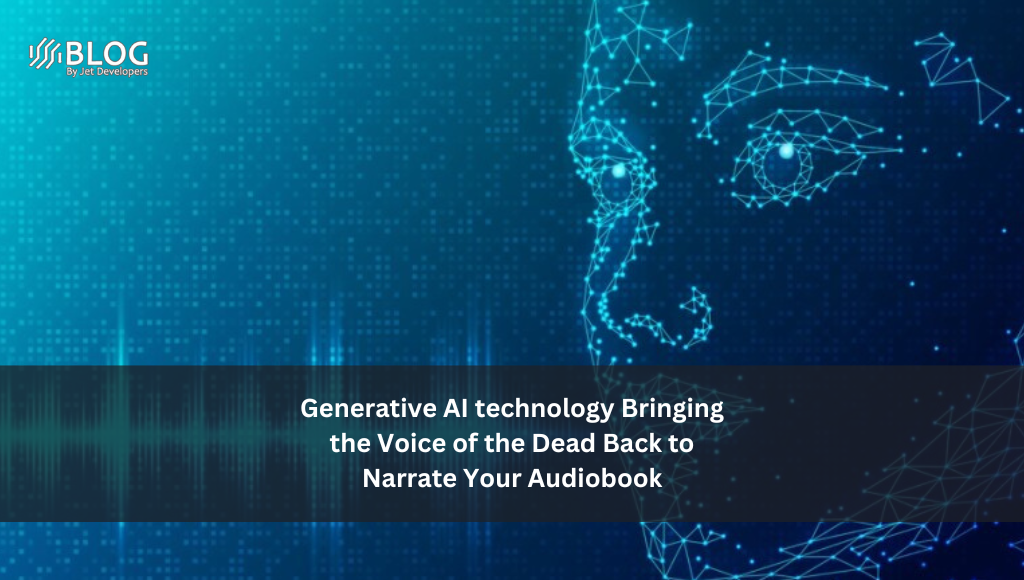Despite being deceased for almost a decade, Edward Herrmann, a renowned actor and prolific audiobook narrator, is still being featured as the voice of several recent audiobooks. This is made possible by DeepZen Ltd., an AI startup based in London, which was granted access to Herrmann’s past recordings with his family’s consent. With this, DeepZen claims to be capable of generating any sound and intonation that Herrmann would have used had he been the one narrating these new books himself.
“We felt it was an amazing way to carry on his legacy,” said Rory Herrmann, a Los Angeles restaurateur and Mr. Herrmann’s son. He said he was astonished when he first listened to an audiobook featuring his father’s synthetic voice. “It’s a wow moment,” he said.

Generative AI technology has rapidly gained popularity since the launch of OpenAI’s ChatGPT, an AI-powered chatbot that can create different types of content such as text, images, and audio. Despite the occasional mistakes, ChatGPT has been widely praised for its eloquent responses and sparked discussions about the potential impact of AI on various professions.
Interestingly, AI technology has already made inroads into audiobook narration. Major marketplaces such as Google Play Books and Apple Books already offer thousands of AI-narrated audiobooks, while Amazon’s Audible unit is currently evaluating its position on this matter. While the largest US book publishers have yet to widely adopt this technology, it is proving to be a valuable resource for smaller publishers and lesser-known authors whose books may not have the sales potential to justify the traditional cost of recording an audio version, which can be up to $5,000.
Overall, the increasing use of generative AI technology in audiobook narration is opening up new opportunities for authors, publishers, and consumers. As AI continues to evolve and improve, it will be interesting to see how it affects the audiobook industry in the years to come.
Apple and Google said they allow users to create audiobooks free of charge that use digitally replicated human voices. The voices featured in audiobooks generated by Apple and Google come from real people, whose voices helped train their automated-narration engines.
Charles Watkinson, director of the University of Michigan Press, said the publisher has made about 100 audiobooks using Google’s free auto-narrated audiobook platform since early last year. The new technology made those titles possible because it eliminated the costs associated with using a production studio, support staff and human narrators.
“From what I can see, human narrators are freaking out,” said Dima Abramov, chief executive of Speechki, an Austin, Texas-based audiobook producer that uses synthetically narrated voices.
Scott Brick, who has narrated more than 1,000 audiobooks by such authors as Tom Clancy and Nelson DeMille, said AI auto-narration is best suited for nonfiction titles, where narrators and readers aren’t as emotionally invested as with works of fiction.
“There’s realism there, but no soul,” Mr. Brick said.
DeepZen has worked with more than 30 professional actors to help its AI engine capture all the ranges of human emotion, said Taylan Kamis, its CEO and co-founder.






